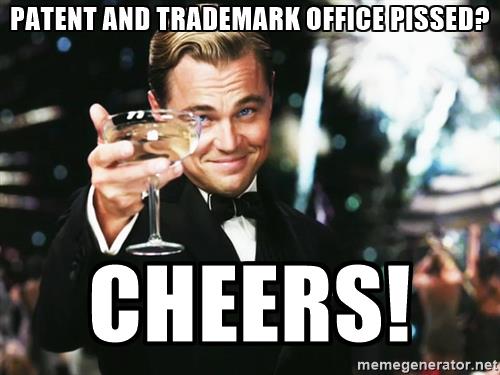
When it comes to registering trademarks, Matal v. Tam (2017) said disparaging trademarks cannot be denied since they’re free speech under the First Amendment.
In this case, these are the facts. The Slants, a rock band, wanted to register their band as a trademark; however, the U.S. Trademark Office wouldn’t do it. The Office denied the application under the Disparagement Clause of the Landham Act of 1946, which did not allow didn’t allow immoral content. Eventually, the band appealed to Supreme Court after being denied by the Trademark Office and the U. S Court of Appeals for the Federal Circuit. The band asserted a First Amendment right to Free Speech
When on the Supreme Court docket, this case presented the issue. Is the Disparagement Clause unconstitutional in regards to the First Amendment?
This case provides the following holding: The registration of a name as a trademark may not be denied on the basis that the trademark disparages or brings into contempt any living or dead people or groups, since this violates the free speech protections of the First Amendment.
When delivering the majority opinion, Justice Kennedy cited Cornelius v. NAACP Legal Defense & Ed. Fund, Inc., 473 U. S. 788, 806 (1985). He said: ““[T]he government violates the First Amendment when it denies access to a speaker solely to suppress the point of view he espouses on an otherwise includible subject”. Here, Justice Kennedy upheld Free Speech over the disparagement clause much like the NAACP case.
In a concurring opinion, Justice Thomas agreed with the majority. He said, “I continue to believe that when the government seeks to restrict truthful speech in order to suppress the ideas it conveys, strict scrutiny is appropriate, whether or not the speech in question may be characterized as ‘commercial.’ ” Here, Justice Thomas said all commercial speech should be given the strict scrutiny standard.
Throughout the Slant case, the Supreme Court didn’t agree with the government’s viewpoint discrimination. The Court said offensive speech is protected speech; therefore, the Slant’s offensive speech is protected speech under the first amendment. Though the government can regulate speech like fraud, defamation, libel, or incitement, the Court said the government can’t regulate the Slant’s right to free speech.
Historically, controversial groups have been given trademarks. For example, the Washington Redskins, Stormfront, or Notre Dame’s Fighting Irish. The Slant’s trademark joins these groups.
In summary, this case is interesting. Even though a trademark, offensive speech is a protected First Amendment right; therefore, government’s use of the Disparage Clause of the Lanham Act was unconstitutional viewpoint discrimination in the Slant case.
